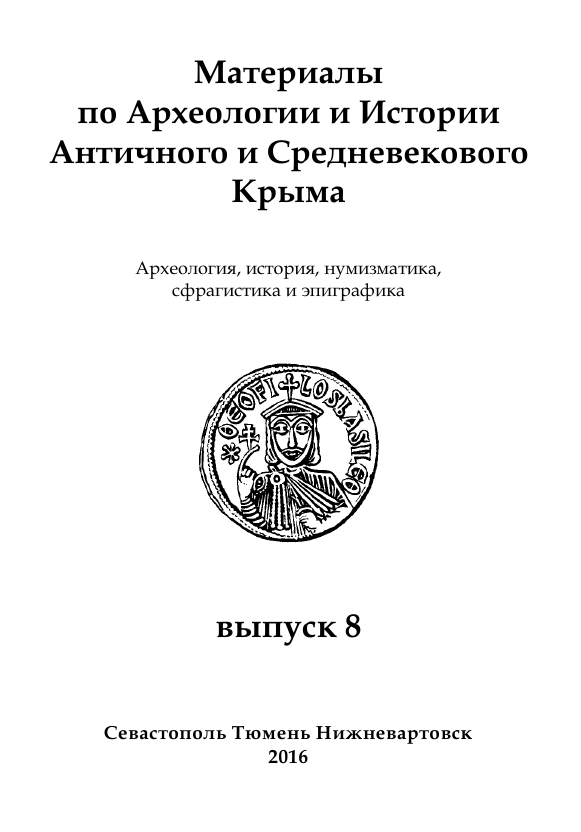Последнее крымское нашествие на Москву в изображении русских публицистов конца XVI — первой трети XVII веков
The last Crimean invasion of Moscow in the works by Russian essayists of the late XVI — first third of the XVII centuries
Author(s): Yakov Grigorievich SolodkinSubject(s): History
Published by: Нижневартовский государственный университет
Keywords: Crimean Khanate; Muscovy; Gazi Giray II; Boris Godunov; the invasion of the Tatars in Moscow in the summer of 1591; The Tale of Tsar Fyodor Ivanovich; Annals of Ivan Timofeev
Summary/Abstract: The Crimean Tatar invasion of Moscow in the summer of 1591 was the last in the long history of bilateral relations, and it is reflected along with chronicle writings in the Russian journalism on the eve of the Time of Troubles and the 1620s. Mention (not very accurate) about the failed attempt by Gazi Giray II to master the Russian capital, rising to some brief chronicler, available in the second edition of the Chronograph. The Tale of Tsar Fyodor Ivanovich, written by the patriarch Iov, and Annals clerk Ivan Timofeev we encounter lengthy stories devoted to battles near Moscow, between the Tatars and the army, which was the de facto commander of Boris Godunov. Using chronicle source (probably the one that V. N. Tatischev called “History of the Destruction of Russia”), Iov tendentiously portrayed ruler Boris as an outstanding military leader and stressed the importance of prayers for the intercession addressed to God and the Virgin Mary by “saint” Tsar Fedor. By the way, the victory won over the Crimeans at the walls of Moscow, under the pen of “humility” of the patriarch did childless brother in law of the sovereign of his worthy successor. Ivan Timofeev also, writing on his own memoirs after two decades, if not later, the rapid flight of the Tatars from the vicinity of “imperial city”, presented Godunov (including under the influence of Serpukhov march 1598) as a “false courage” commander, and a leading role in the Khan defeat of this holy prayers autocrat, at the end of life is the Crimea have established peaceful relations.
Journal: Материалы по археологии и истории античного и средневекового Причерноморья
- Issue Year: 2016
- Issue No: 8
- Page Range: 475-484
- Page Count: 10
- Language: Russian

